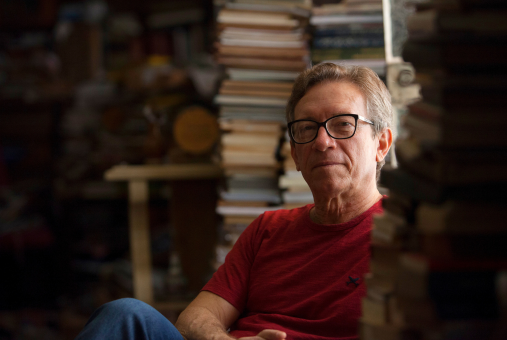
After 57 years in the profession, Brazilian journalist Lúcio Flávio Pinto announced the end of his "daily public journalistic activity" due to worsening Parkinson's disease. Synonymous with independent and intrepid coverage of the Amazon and the corruption of political and economic powers in the region, Pinto spoke with LJR and reflected on his career.
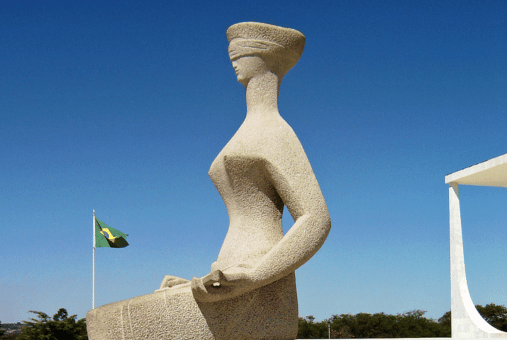
In recent months, press freedom has faced a wave of judicial censorship in Brazil, with stories taken down, magazines recalled from newsstands and a documentary banned. These court rulings are in conflict with the Constitution, which experts say favors freedom of information, and prompt discussions about the need for new laws to protect journalists.
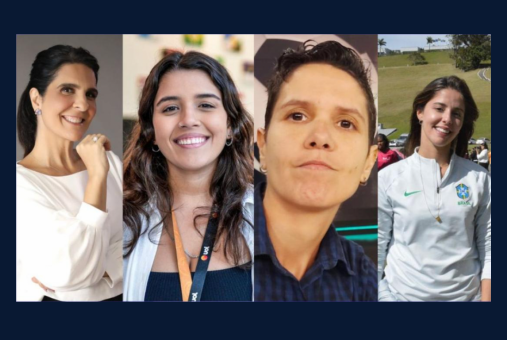
Brazil's female sports journalists are not only gaining more and more space in the media, but have also achieved greater coverage of women's sports. Although there is still a long way to go, the Women's World Cup is the best opportunity to consolidate what has been achieved so far.
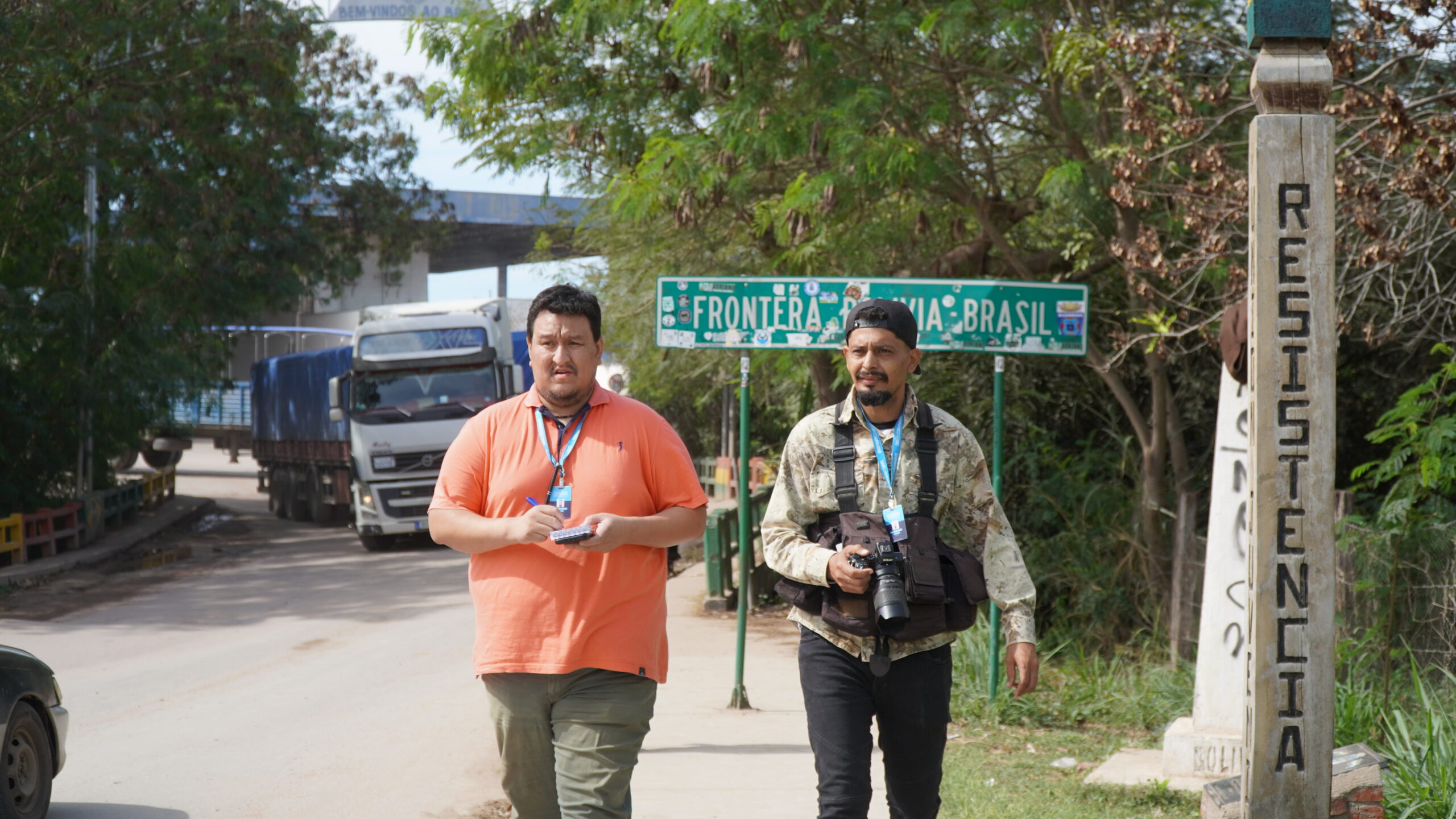
Journalists from Bolivia and Brazil talk about their collaboration while covering drug trafficking and migration on the border between the two countries. LJR also interviewed Diário Corumbaense from the Brazilian border city of Corumbá to report on the news service it provides to the inhabitants of its local community.
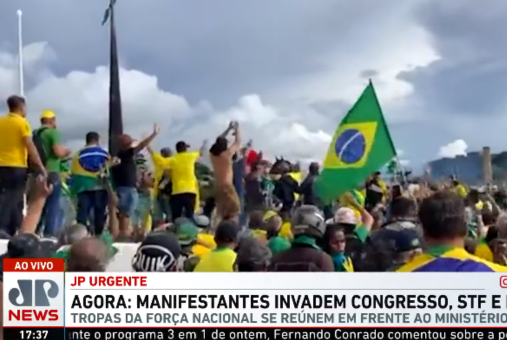
A legal action that could take Brazil's radio station Jovem Pan off the air has once again fueled the debate on the limits of free speech. The lawsuit accuses the station of disseminating content that undermined the electoral process, incited civil disobedience, and promoted a coup. Experts weigh in on the case, highlighting the compatibility of the prosecution's claims with Brazilian legislation.

Feature stories by El Espectador (Colombia), IDL-Reporteros (Peru) and Réporter Brasil (Brazil) won the Gabo 2023 Award in Text, Image, and Coverage categories, respectively. The awards gala also honored journalist Jennifer Ávila (Honduras) and denounced injustices against Guatemalan journalist José Rubén Zamora, who has been imprisoned for almost a year.
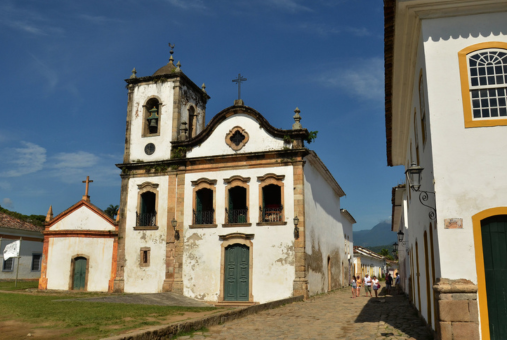
In the book "Pedophilia in the Church: An unprecedented dossier on abuse cases involving Catholic priests in Brazil," journalists Fábio Gusmão and Giampaolo Morgado Braga describe the first panorama of sexual abuse against children and adolescents by the clergy in the largest Catholic country in the world.

Black people are 55.9% of the Brazilian population, but only 9.5% of the people who sign texts in the printed editions of Estadão, Folha de S. Paulo and O Globo. This is one of the findings of a survey that alerts to "a very serious cultural, social and political problem" with the under-representation of non-white people and women in newspapers.

In the book "The man with the white shoes: The life of the inventor of the dog-eat-dog world on Brazilian TV," journalist Maurício Stycer sheds light on the professional trajectory, personal history and innovations introduced by Jacinto Figueira Júnior, better known as The man with the white shoes. Stycer, a renowned TV critic in Brazil, explores the emergence of sensationalism, shock and amazement as central production values of TV journalism in the country.
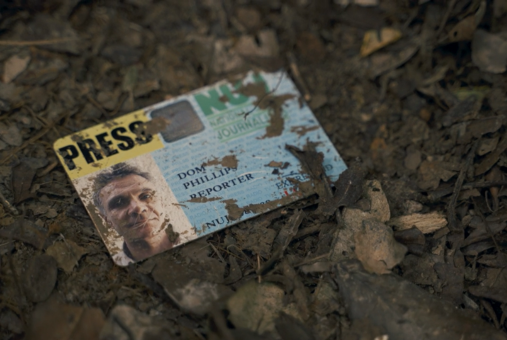
The Bruno and Dom Project, led by the French organization Forbidden Stories, brought together more than 50 journalists from 16 news outlets to continue the work of British journalist Dom Phillips, who was with Brazilian Indigenous affairs expert Bruno Pereira when the two were murdered in June 2022. LJR spoke with some of the journalists involved in this collaborative effort.
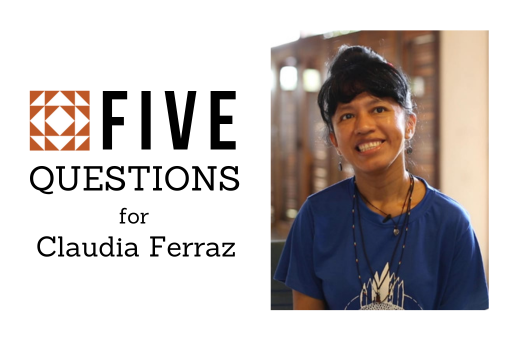
The Wayuri Network, made up of Indigenous communicators from the Alto Rio Negro region, on the border between Brazil, Colombia and Venezuela, is celebrating its sixth anniversary in 2023. Claudia Ferraz, of the Wanano people, spoke to LatAm Journalism Review (LJR) about the work of the internationally-awarded network and the lessons from these six years of existence.
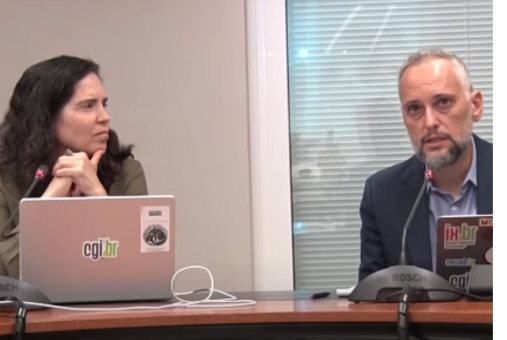
The Brazilian Internet Steering Committee published a report on the payment for journalistic content by digital platforms. The study traces an overview of the Brazilian debate and identifies the positions of the actors involved, as well as discusses regulatory frameworks in other countries.